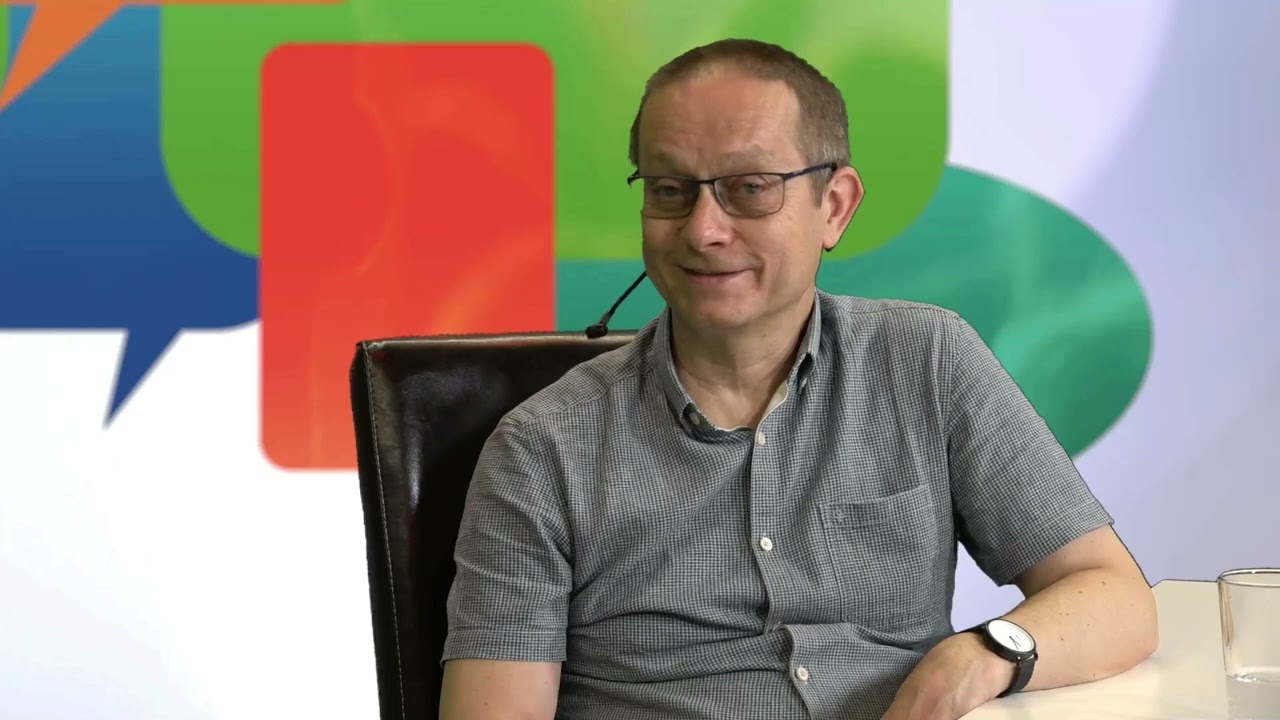The patient-doctor relationship requires honest and open communication. The doctor should be honest and frank with the patient in order to be able to help them in the best possible way. The patient, in turn, should be prepared to hear the truth about his or her condition and to answer questions that the doctor may ask during the visit.
Moral dilemmas also arise in this relationship, such as the question of whether the doctor should reveal the whole truth to the patient, even though the patient may not be able to bear it. In such a situation, the doctor should consider what is best for the patient and consult other doctors or specialists for an additional opinion.
In summary, the patient-doctor relationship is very important and requires honest and open communication. Both parties must act in good faith and focus on the patient's well-being in order to best help the patient's condition.
Meditation is a field that deals with human health and disease. It has a rich history and its nature is eclectic, that is, it consists of elements from different disciplines. It is difficult to define clearly what medicine is, but truthfulness in this field is increasingly important.
In seventeenth-century Britain, it was widely believed that doctors could 'talk like a doctor', which meant that they were very adept at misleading patients. Although this was not mentioned explicitly, it was regarded as something of a pejorative.
Nowadays, taking care of doctors' truthfulness is considered important for both ethical and humanitarian reasons. The law in many countries allows doctors to withhold part of the information if it is in the good interest of the patient. However, if requested by the patient, the doctor is obliged to provide full information.
In conclusion, although in the past it was considered that doctors were adept at lying to patients, nowadays keeping truthfulness is considered important from both an ethical and humanitarian point of view. The law in many countries allows doctors to withhold information in the good interest of the patient, but if requested by the patient, the doctor is obliged to provide full information.
Patients have the right to know about their condition and the prognosis of their illness. However, communication with the doctor can be difficult, as doctors often have to convey distressing messages to patients. It is therefore important for doctors to learn how to communicate effectively. Equally important is the ability to listen to the patient, as communication should be two-way. In medicine, a well-developed listening skill can help the patient experience the illness better.
Leading a healthy lifestyle is very important for our health and well-being. However, it often happens that our body starts to weaken and various ailments appear. In such a situation, it is important to consult a doctor as soon as possible and take the appropriate treatment.
Patients often describe their complaints in the context of events in their lives. For example, they may say: 'I have been in pain here since I went to the cemetery with my mother-in-law'. Such descriptions can help the doctor understand exactly what is happening to the patient and what kind of treatment can help them.
If you notice any worrying symptoms in yourself, such as pain, shortness of breath or weakness, you should not delay visiting your doctor. The sooner treatment is started, the greater the chance of a successful cure. Let us remember that our health is the most important thing and it is worth taking care of it.
The first episode, whether of physical or mental illness, always has a context. For the patient it may be a long period of time in which the ailment has been present, but for the doctor it may be the first time the patient talks about it. Therefore, it is important for the doctor to listen to the patient with respect and understanding in order to better understand the problem and make the right diagnosis.
Active listening, i.e. informing the patient of their reactions and summarising what has been said, is very important in the diagnostic process. In this way, the doctor can be sure that he or she has understood the patient's problem and can better diagnose it. Asking about different aspects of the illness can also help the doctor to understand the patient's problem in a broader context.
Feedback from patients is important for doctors to be able to correctly assess the effectiveness of treatment and make appropriate adjustments if necessary. Sometimes patients do not provide complete or truthful information for various reasons, such as embarrassment or lack of understanding of the written recommendations. Therefore, it is important that patients speak honestly with their doctors and provide them with all the necessary information to make the treatment effective.
Communication between patient and doctor is very important for successful treatment. It is often the case that both parties find it difficult to communicate, which can lead to serious complications. Therefore, it is important that the patient and doctor are active participants in the conversation and that both parties listen to each other.
Some of the reasons for difficulties in communication between patient and doctor are related to lack of time. Doctors often complain about an excess of bureaucratic duties, which means that they have little time to talk to the patient individually. Other reasons may be cultural. Studies show that doctors often interrupt the patient after a few seconds of conversation, making it difficult to communicate.
To improve communication between patient and doctor, it is important for both parties to be more active and attentive in the conversation. The doctor should listen to the patient and give them time to express their concerns and questions. The patient, on the other hand, should be honest and open with the doctor in order to help him or her give the best possible help.
